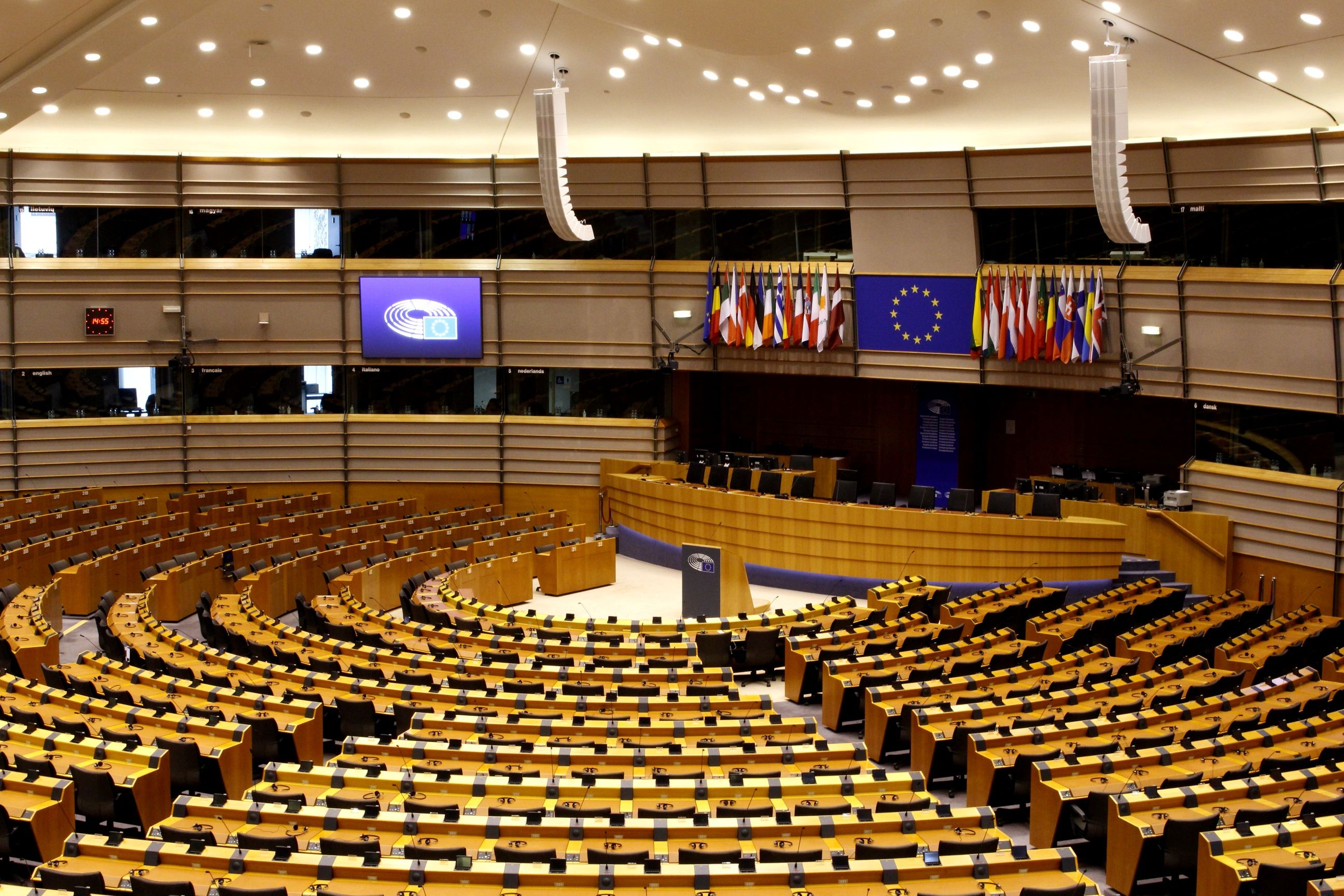The Role of European Parliament in Shaping Future Crypto Legislation
Understanding the European Parliament's Role
The European Parliament is a crucial player in shaping the legislative landscape for cryptocurrencies within the European Union. As the only directly elected body of the EU, it represents the interests of over 700 million citizens. This gives it significant influence in formulating policies that can impact the future of digital currencies. The Parliament's involvement ensures that crypto regulations are not only robust but also democratic, balancing innovation with consumer protection.

In recent years, the surge in popularity and use of cryptocurrencies has prompted the European Parliament to take a proactive stance in regulating this burgeoning industry. The aim is to create a framework that encourages innovation while safeguarding against risks such as fraud, money laundering, and terrorist financing. By working closely with other EU institutions, the Parliament seeks to establish a comprehensive regulatory environment that fosters trust and stability.
Key Legislative Initiatives
The European Parliament's approach to crypto regulation is multi-faceted, focusing on several key areas. Firstly, there is a strong emphasis on anti-money laundering (AML) measures. The Parliament has been instrumental in proposing amendments to existing AML directives to include provisions specific to virtual currencies. This is intended to prevent illicit activities and ensure transparency in crypto transactions.
Another significant initiative is the Markets in Crypto-Assets (MiCA) regulation. This proposed legislation aims to provide legal certainty for crypto-assets within the EU by establishing a harmonized set of rules. MiCA addresses issues related to consumer protection, market integrity, and innovation. It also outlines requirements for crypto-asset service providers, ensuring they adhere to stringent operational standards.
Collaboration with Stakeholders
The European Parliament recognizes the importance of collaborating with various stakeholders, including industry experts, consumer groups, and financial institutions. By engaging in dialogues with these parties, the Parliament can better understand the challenges and opportunities presented by cryptocurrencies. This collaborative approach ensures that regulations are not only effective but also practical and reflective of the industry's needs.
The Parliament also actively participates in public consultations and hearings, inviting input from citizens and businesses alike. This inclusive process helps to build a regulatory framework that is both comprehensive and adaptable to future developments in the crypto space. The feedback garnered from these engagements plays a vital role in shaping policies that are well-rounded and forward-thinking.
Impact on Global Crypto Regulation
The work of the European Parliament in regulating cryptocurrencies has implications beyond the EU. As a major economic bloc, the EU's regulatory approach often sets a precedent for other regions. By establishing clear and consistent rules for digital currencies, the European Parliament can influence global standards and encourage other jurisdictions to adopt similar measures.
Ultimately, the European Parliament's role in shaping crypto legislation is pivotal in ensuring the responsible growth of this innovative sector. Its efforts to balance regulation with innovation are crucial for fostering a secure and thriving cryptocurrency market within Europe and beyond.
